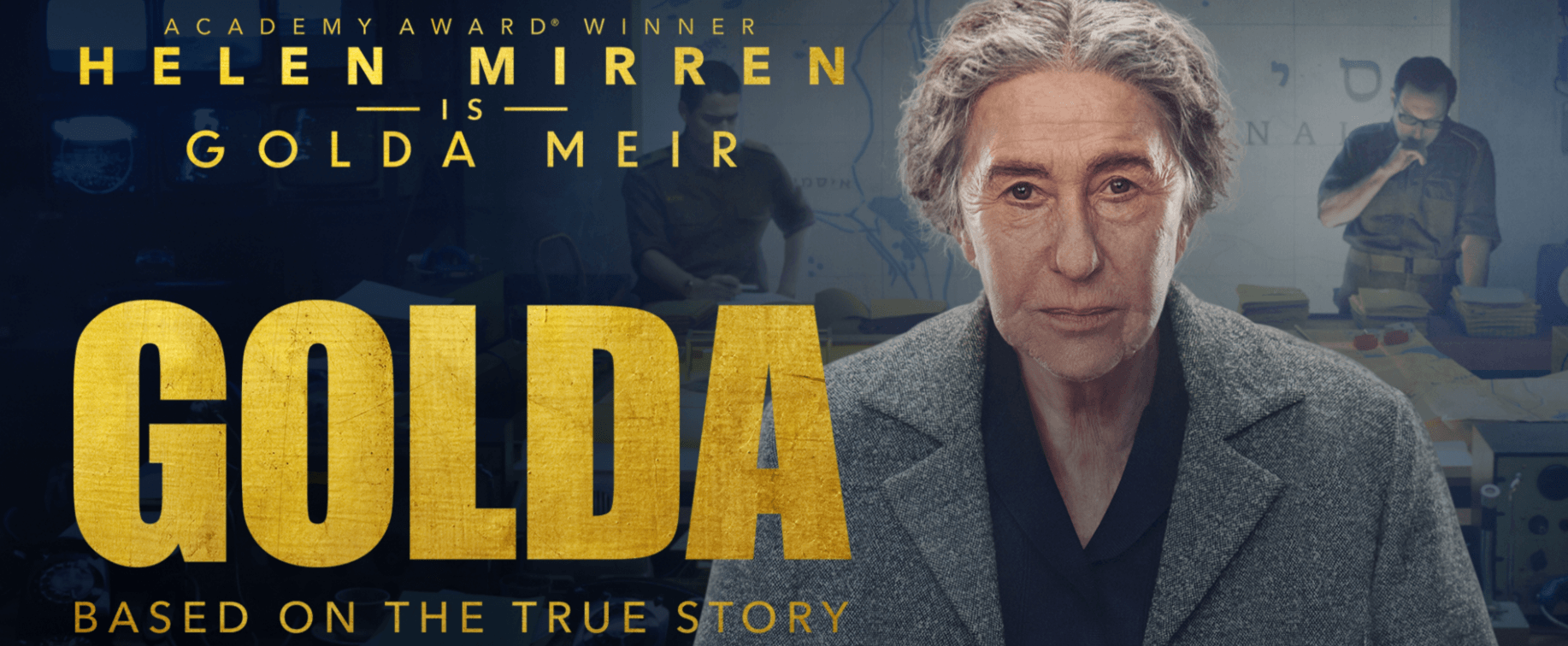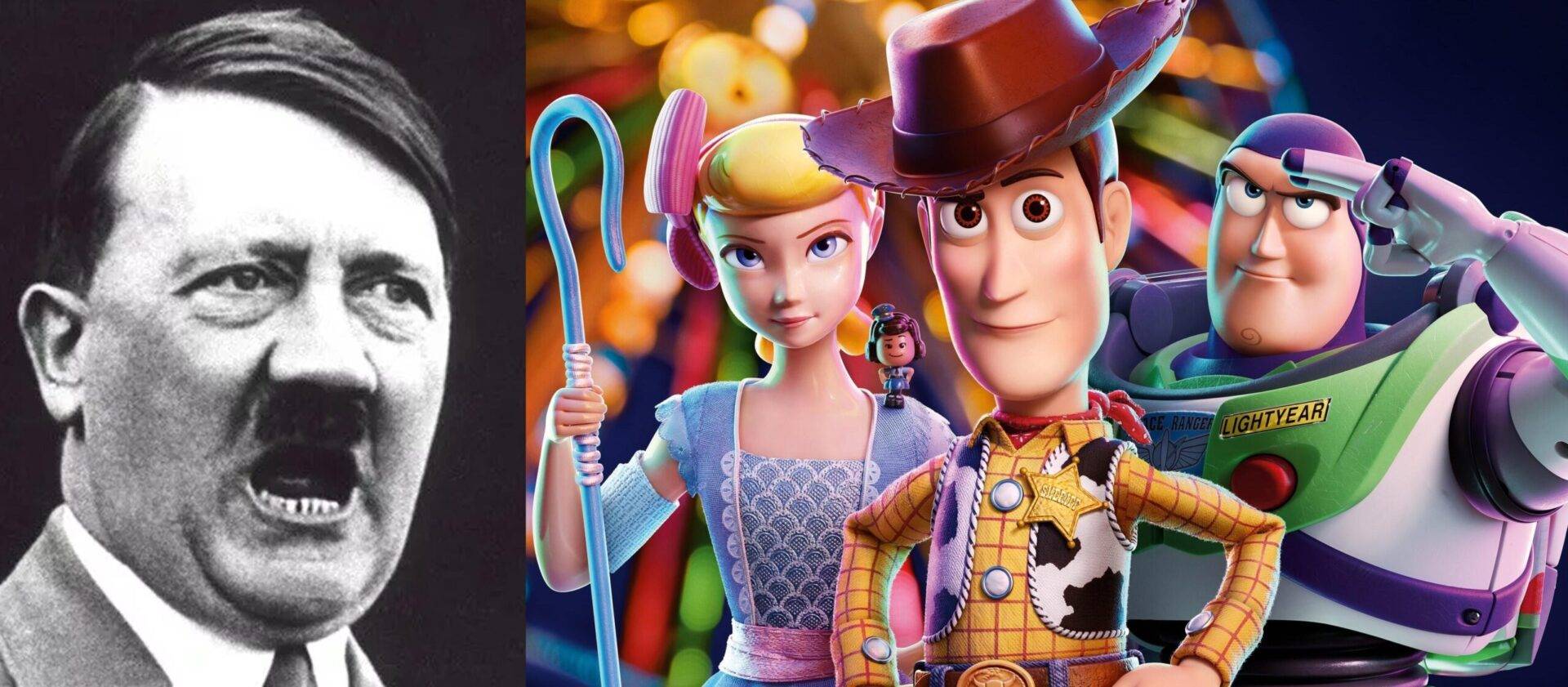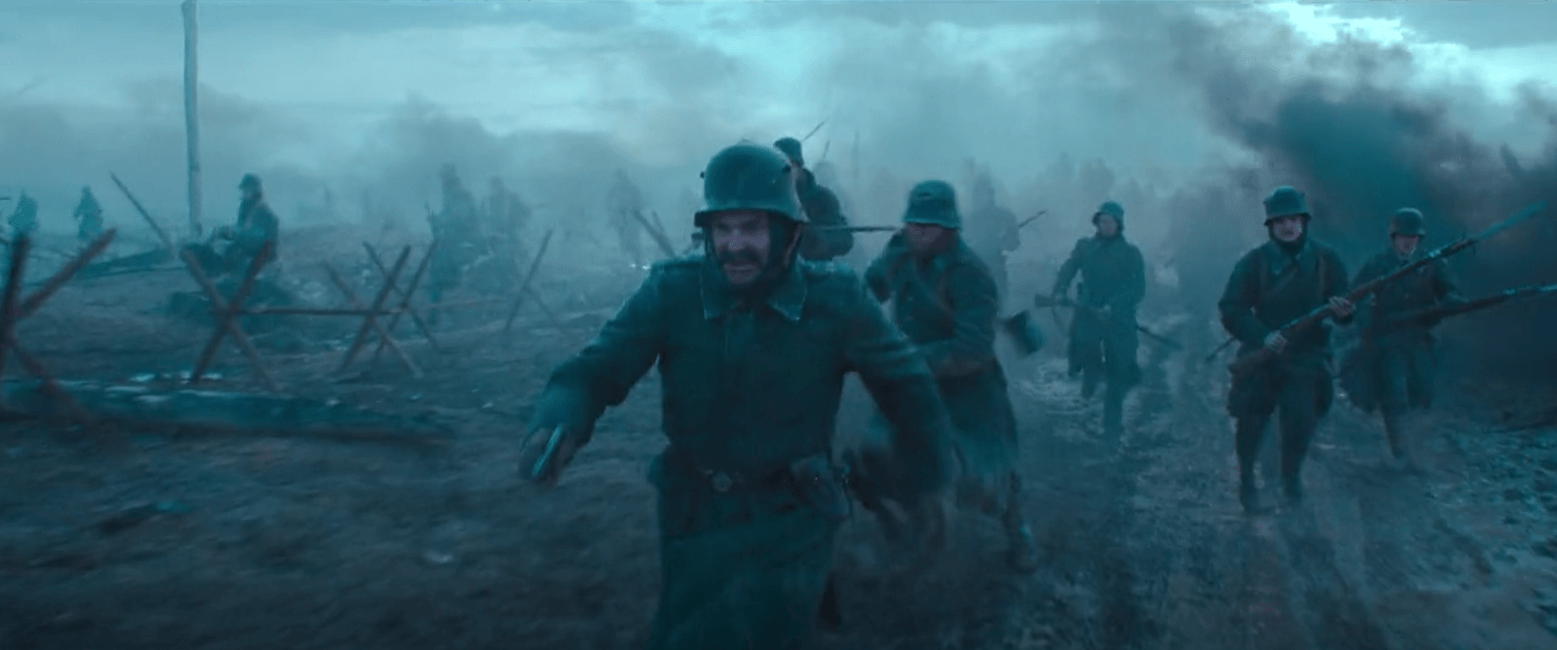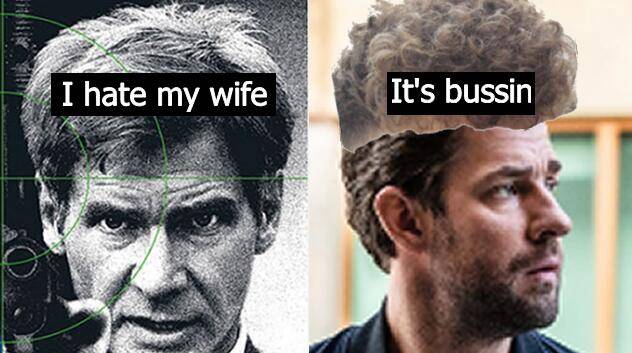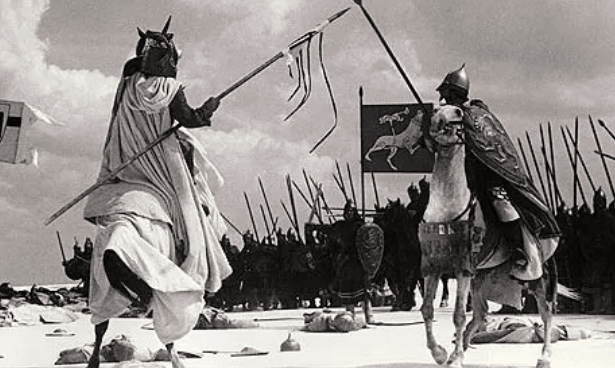Do We Need ANOTHER Zionist Propaganda Flick? (Yes)
The biopic about Israeli Prime Minister Golda Meir premiered at the 2023 Berlin International Film Festival and is scheduled for release in the USA later this month. I of course cannot render full judgement until seeing the full movie, but the theatrical trailer is crammed with every Biden 2024 talking point, so let’s start with those.

